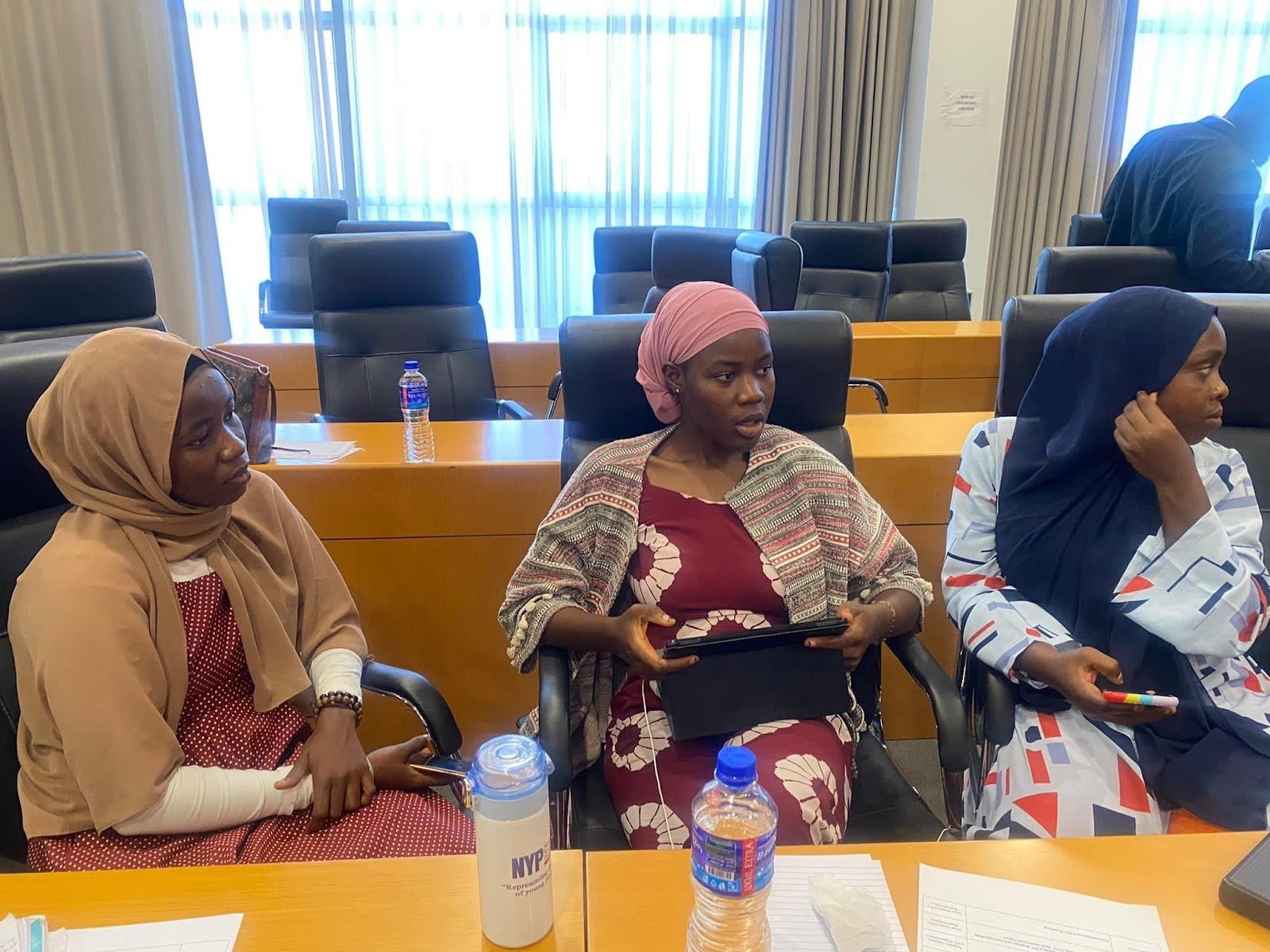
SHARE
During former president Yahya Jammeh’s 22-year rule, elections were perceived by many as a ‘rubber stamp’ for justifying a dictatorship. In the years following his democratic removal from power in the December 2016 presidential polls, elections have taken on a greater importance, allowing Gambian citizens to feel the power of their voice through their vote. Following this experience, Gambians hold high expectations for the integrity of their elections. Growing from this demand, citizen election observation groups, like the Elections Watch Committee (EWC), were formed to serve as election watchdogs and to provide independent information on the conduct of electoral processes, empowering citizens to judge the credibility of elections themselves.
The EWC, NDI’s citizen election observation partner, is a coalition of three youth-led organizations – Peace Ambassadors - The Gambia (PAG), ACTIVISTA, and the National Youth Parliament (NYP) – collaborating to observe elections and electoral processes in The Gambia. The EWC is the first Gambian group to pursue systematic, long-term election observation, and to observe not only election day, but also pre- and post- elections periods, party congresses, and voter registration exercises. Utilizing a holistic approach to strengthening electoral systems in The Gambia, the EWC is currently advocating for short-term electoral reforms that can be conducted ahead of the April 15 and May 20, 2023, local government elections, as well as preparing for their local government election observation missions.
On a bright and sunny day in mid-December, the EWC hosted a coordination meeting with key electoral stakeholders–including civil society members, political activists, journalists, and representatives from The Gambia’s electoral management body–in an effort to simultaneously further their reform agenda and prepare for observation activities. Participants were particularly excited that the EWC was able to secure the attendance of a communications officer from the Independent Election Commission (IEC). For years, civil society groups have tried, to little avail, to work on improving electoral processes, so the IEC’s presence in the coordination meeting posed a significant opportunity to strengthen relations with an influential electoral stakeholder.
For nearly seven hours, participants discussed challenges, lessons learned, and new opportunities for collaboration to achieve electoral reform goals and facilitate observation activities around the upcoming elections. An EWC representative set a collegial tone for the meeting during the opening remarks, stating, “elections come and go, but Gambia stays forever.” This profound and inspiring statement conveyed to the stakeholders that they might all come from different organizations and intuitions, however, they share one common goal: to create a better Gambia. Towards the end of the EWC’s collaborative event, the IEC presented updates to the electoral calendar and facilitated an open discussion with participants about their election-related concerns. Attendees were excited to provide their feedback and recommendations to the IEC, which fueled a fruitful exchange of ideas. A well-known political activist expressed, “the IEC should consider starting electoral processes earlier, probably one year before the election day.” Another participant, the president of the Gambia Press Union (GPU), added, “We need political parties to win elections, not just legally, but legitimately.” The session ended optimistically as the IEC representative acknowledged and received participant feedback and committed to relaying comments to the IEC head office for review.
The EWC’s ability to convene key electoral stakeholders and foster productive conversations, particularly conversations among the IEC and civil society, was a big step forward, portending future collaboration and partnership on improving electoral practices in The Gambia. This coordination meeting gave participants a glimpse of how they can collectively focus their efforts and learn from each other to make progress. With funding from the National Endowment for Democracy (NED), NDI will continue to provide support to the EWC as they build momentum for electoral reform and begin preparations to conduct local government election observation missions.
Author: Aisha Tambajang,Program Officer, NDI: The Gambia team
NDI’s engagement with this program is implemented with the support from the National Endowment for Democracy (NED) program.
###
NDI is a non-profit, non-partisan, non-governmental organization that works in partnership around the world to strengthen and safeguard democratic institutions, processes, norms and values to secure a better quality of life for all. NDI envisions a world where democracy and freedom prevail, with dignity for all.



